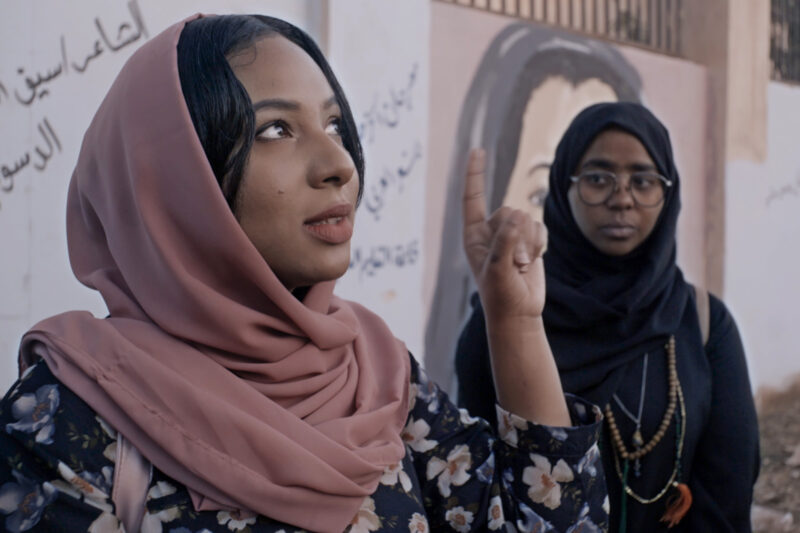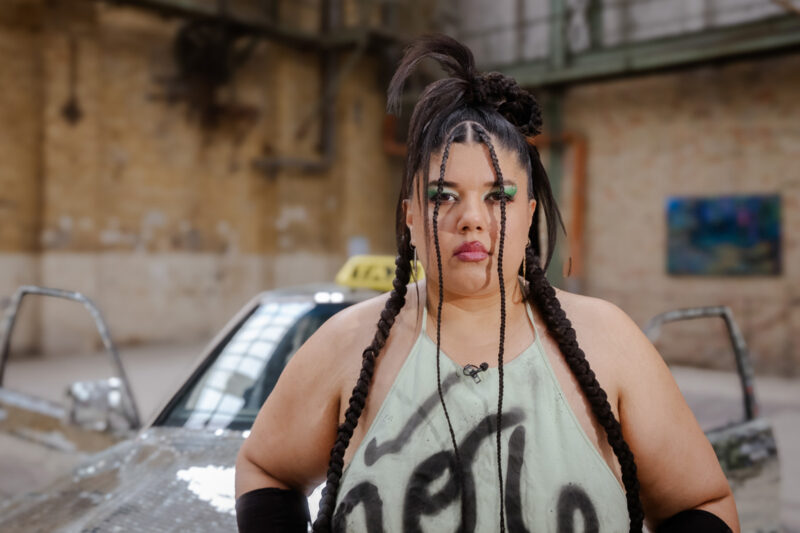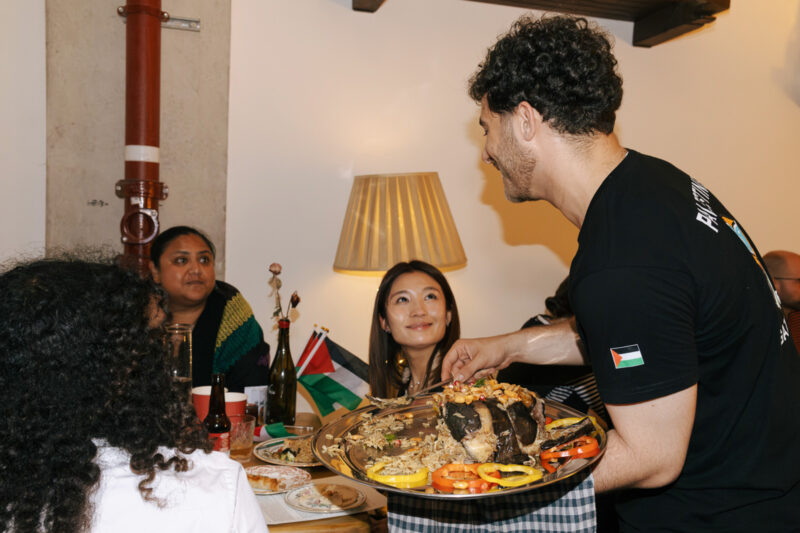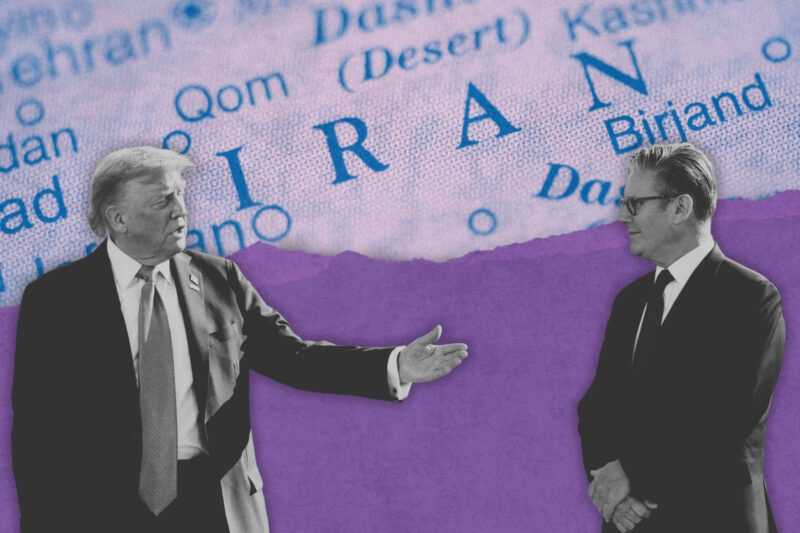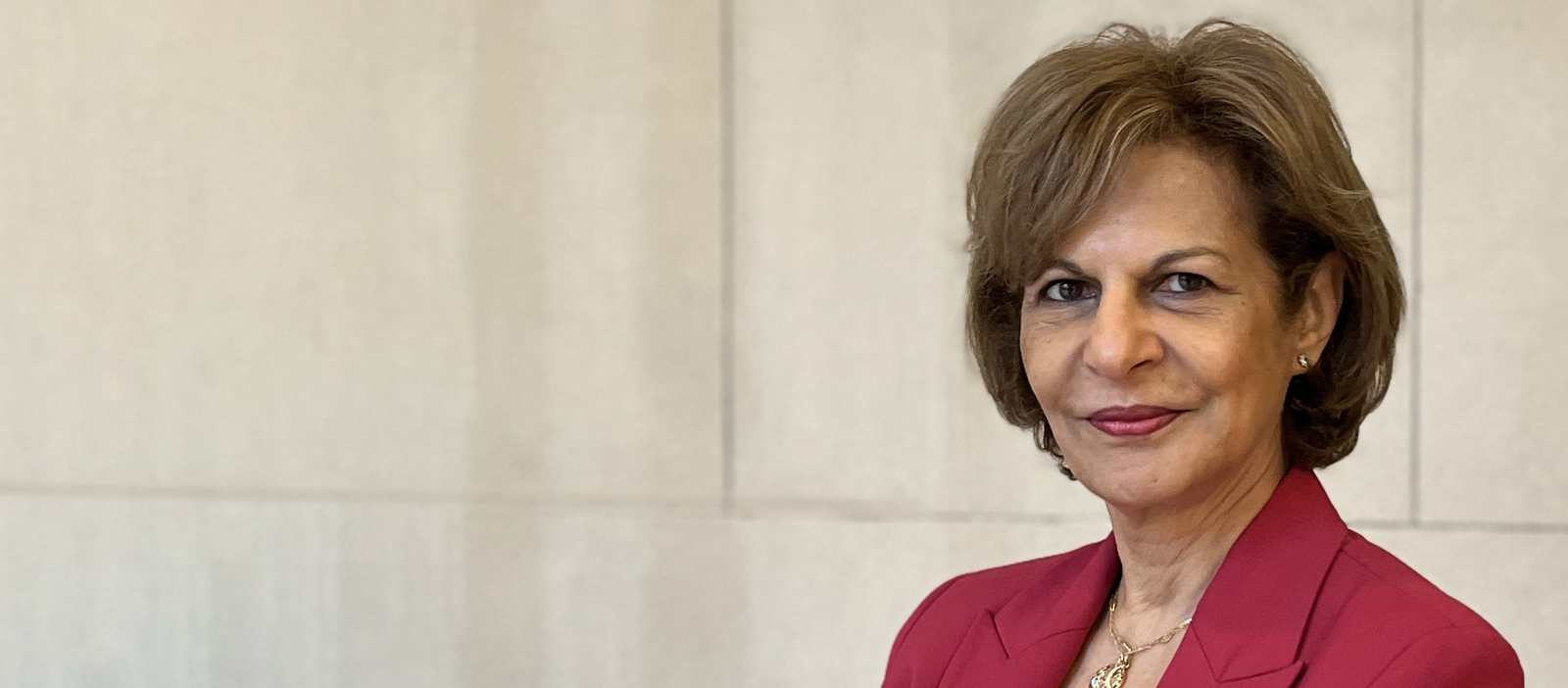
Shada Islam Q&A: ‘You can be both Muslim and European’
Photograph courtesy of Shada Islam
The Brussels-based insider on the importance of diversity within EU institutions
–
Shada Islam is a prominent Brussels-based adviser on development and migration policies. She believes that the European Union’s failure to embrace diversity and protect the rights of minorities is threatening European influence worldwide.
Islam, who is originally from Pakistan, spoke to Hyphen about the urgent need to improve representation within EU institutions. She has been described by Politico as the “ultimate insider outsider” owing to her expert knowledge of East-West dynamics.
This conversation has been edited for length and clarity.
Hyphen: The EU’s record on diversity seems at odds with the Treaty of the European Union, which guarantees respect for human rights, including those of minorities. What has your personal experience been?
Shada Islam: In the EU, you have a list of legislation which is fairly progressive, pro-equality, and even pro-equity. The problem isn’t a lack of commitment in words or the lack of a legal basis. The problem is enforcement and implementation. There’s a huge gap between these aspirational values and the reality of Europe.
Far-right discourses on Muslims and minorities have generally become more mainstream and have seeped into the institutional language of the European Union, which is in a state of denial about racism.
Earlier this year, the European Commission published the results of its first survey on diversity in the workplace. You have called out government homogeneity using the social media hashtag #BrusselsSoWhite. Does the report signal a change for EU attitudes towards inclusion?
The results are pretty damning. If you look at the figures, only 22% — or about 10,000 people — working at the Commission, EU executive agencies and the European External Action Service participated in the poll.
The data, therefore, doesn’t really provide a full picture of Commission staff or of their work environment. Working for the EU institutions is no walk in the park for people of colour, or people with a disability. Almost 60% of respondents from both categories say they have observed or experienced discrimination. And staff members who self-identify as having ethnic minority backgrounds were particularly harsh regarding the racial or ethnic diversity within their organisation — 64% of them disagree that their workplace is diverse.
Yet, for all its limitations, the survey represents modest progress for EU institutions, which have traditionally rejected allegations of racism and insisted they are “colour- blind”.
How is the lack of diversity at EU institutions affecting its ability to implement the action plan on anti-racism?
If you want to change your constituency, you need to change from inside as well. It’s very obvious that people of colour are not interested in joining European institutions — whether that’s because they feel out of place, or that these institutions don’t represent them. The lack of diversity works against Europe’s global influence.
How are EU policies on migration and minority rights affecting the regions’ influence across Africa, Asia and the Middle East?
One of the problems we have is a very strong colonial, eurocentric culture. The whole idea of Europe has been based on an “us and them” discourse, centred on the superiority of European culture.
I think what’s becoming very clear is that our policies on trade, development, security and even the climate policy are very much based on that assumption of superiority — of “knowing better” than others. In the past, Africa, Asia and the Middle East politely listened when Europe talked to them about human rights violations and so on. Now they are pointing out Europe’s double standards, such as trade policies that aggravate existing inequalities. It’s a very problematic moment for the EU.
Has this assumption of European superiority hindered efforts to address the current conflict in Ukraine?
With the Ukraine war, the EU has been unhappily surprised that many of the countries in Africa or Asia it considered to be strategic partners have not backed their sanctions against Russia.
According to a recent Pew Research study, the Muslim population in Europe could potentially double, or even triple, by the year 2050. What does this mean for traditional European identities?
The narrative of Europe has to understand that you can be a fluid identity. You can be both Muslim and European. You can be a Muslim feminist. You can be Asian and European. These hyphenated identities are something many Europeans find it hard to come to terms with. We are not just a continent which is Christian and white. We are diverse. We should use that to our advantage.
On a more positive note, what are some of the cultural, economic and political contributions that Muslims are currently making in Europe?
Europe needs foreign labour and talent. We are an ageing society, our pensions are under stress and we’re headed for a real autumn of discontent with the Ukraine war as prices rise.
Go to any hospital in the EU and your whole infrastructure from the doctors to the cleaners are migrants, many of whom are Muslims. During the pandemic, many frontline workers have been Muslim migrants, which has been recognised by the European Union Joint Research Centre.
And then, obviously, you have the coolest rappers, comedians, artists, poets, sports figures, and even a number of politicians. They give Europe a vibrant culture and the innovation it needs.
 Newsletter
Newsletter



